Enthusiasts will tell you that they love their Jeep for the versatility it offers. Jeeps also have an impressively slow depreciation value. A used Jeep will, therefore, give you an excellent entry point into the Jeep community. But like any other used vehicle, there are things about a used Jeep that you’ll need to consider before taking the plunge and slapping down your Ben Franklins on the counter.
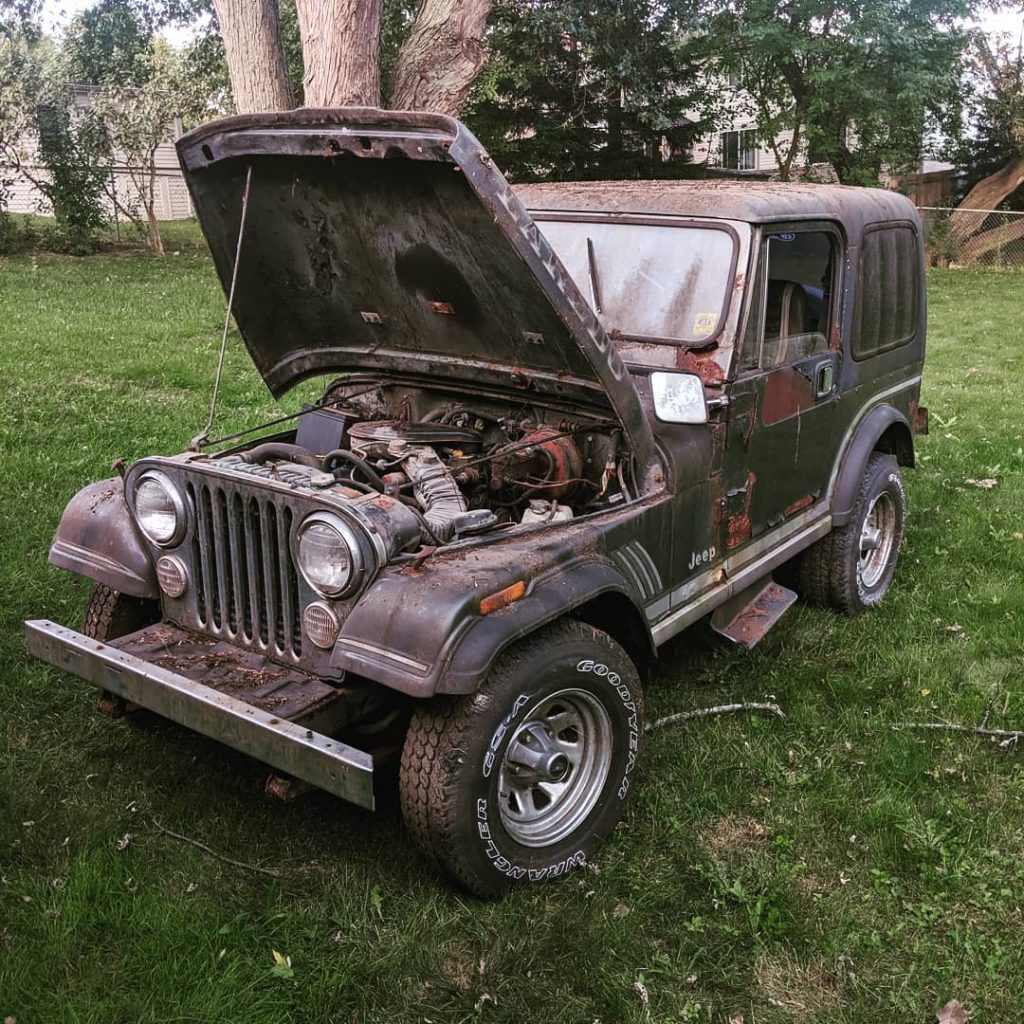
WHAT SHOULD YOU ASK THE DEALER?
1. What are the mileage stats?
When it comes to mileage a total newb might think a low number is all he or she needs to be concerned with. Wrong. It is not enough to know the overall numeric value of the distance the Jeep has traveled. The road conditions it traversed are also crucial as you consider the total mileage. In case you haven’t heard, a great many Jeep owners like to pound the snot out of them on trails and climbs. Jeeps which have spent a lot of time off-roading tend to have low mileage. The state of the undercarriage will serve as a good indicator of how long the Jeep has spent on rough terrain. Check the condition of the control arms and factory skid plates before making up your mind.
2. Does it have any modifications?
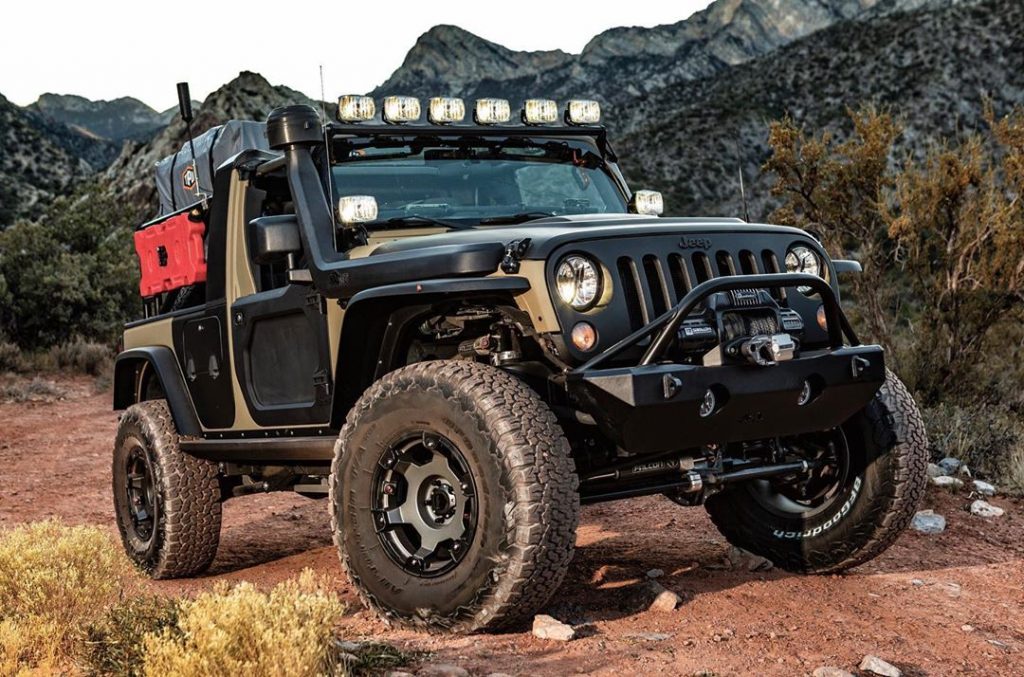
Don’t play Jeopardy when it comes figuring out what mods have been done to the Jeep you’re eyeing. Don’t guess. Get the dealership to fill you in on any tweaks the previous users made to the vehicle. You may decide to change or keep them. Alternatively, you may want to add features to complement the changes you find on the Jeep. If it has the right customizations, you’ll probably have to do very little to prepare it for your off-road plans. Also, keep in mind, a Jeep that has been altered may cost you a little more than a less modified used Jeep.
3. How well were the after-market installations done?
Whether you intend to remove or keep some of the after-market bumpers, you’ll need to find out if the previous owner did the installation professionally. Remember, just because someone knows how to hold a wrench doesn’t mean they know which way to turn it. The position and state of the different modifications on the Jeep you’re contemplating should help you on this end.
Want to keep things real simple? Wranglers that have little to no modifications are often a better bet for new drivers. Jeeps that are close to stock allow you to build them to fit your needs. You’ll also have very little to check before you begin taking on rough terrains.
4. What is its mechanical condition?
Examine the state of the engine bay to get an indication of the overall mechanical condition of the Jeep. If the engine bay is well-kept, check the engine’s behavior when it’s running. Just like with an abandoned knapsack in the subway, any loud or noticeable ticking should be a red flag. The dealership should also have a paper log that will detail any recall and maintenance service the vehicle went through.
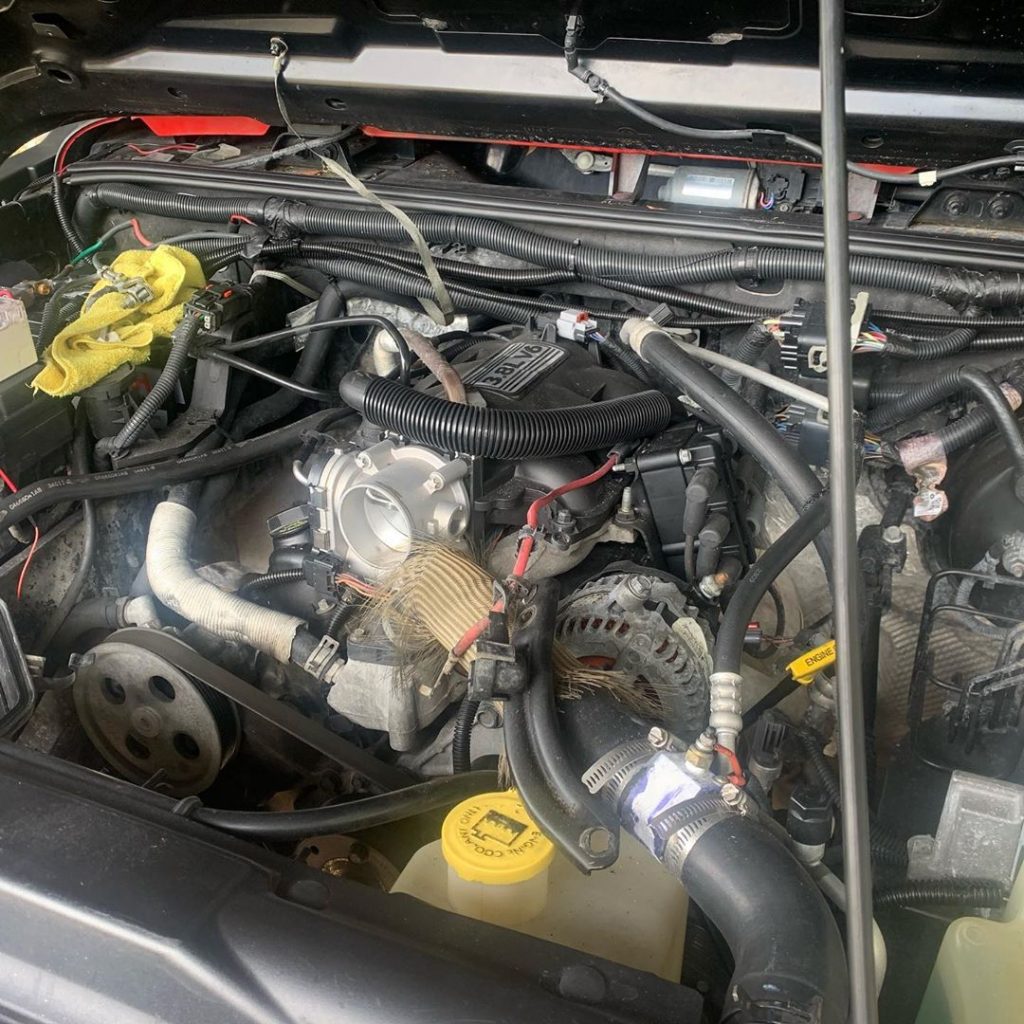
Once the engine checks out, ask the Jeep seller for a test drive to give you a feel of its transmission. Anything short of a smooth and precise transmission should worry you like your daughter coming home and telling you she met her new boyfriend on The Bachelor. The suspension, should be consistent and steady. Any noticeable creaks will stand in the way of your off-road expeditions.
Although Jeep’s handling may not be as slick as a sedan, any jerking on the steering wheel should be cause for alarm. You want a vehicle that has stable handling and a steering wheel that does not shake at highway speeds. Check the engine oil coloration and ensure that it is slightly golden or has a dark amber color.
WHAT SHOULD YOU ASK YOURSELF
1. How will you use the Jeep on a day-to-day basis?
Just like on Plenty-of-Fish, if you want to find the right match you need to be honest about the types of activities you picture doing with your soon-to-be love-of-your-life. The design of the Jeep restricts it to specific activities. Although Jeeps have a similar design, individual parts vary according to the different types of driving needs. Your day-to-day plans for the Jeep will also help you determine what the maximum age it can be—you don’t want a cougar if you’re planning on doing a ton of rock-climbing for example.
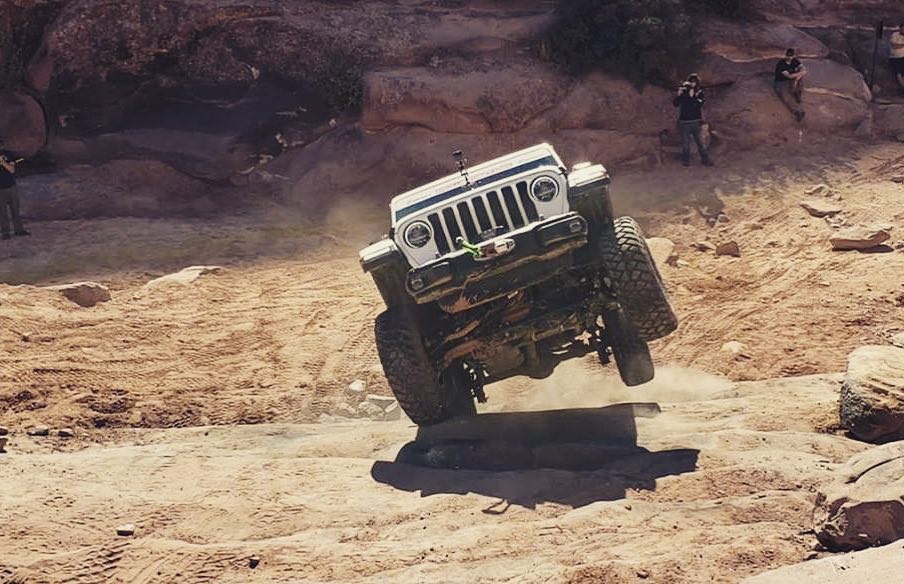
Jeeps are incredible for off-road ventures, and if this is part of your plan, then you’ll need to know the size and overall performance of the used Jeep. If you intend to stick to the highways, then extra lifts and suspensions are not as crucial.
2. How much can you afford?
The very essence of buying a used Jeep is to get an affordable entry point into the Jeep community. Jeep models come in different trims. The type of trim package can have an impact on the price of the vehicle. You’ll need to be clear on how much you intend to spend before you visit the dealership.
Go into Sherlock mode too. Interrogate a few Jeep enthusiasts and do your research to find out the starting MSRP of different models. Find out about the depreciation rate and use that to predict how much the used Jeep may cost.
3. What customization would you prefer?
Every year, a host of new Jeep accessories come to market giving you the ability to modify your vehicle into a fancy ride or an off-road monster. How you intend to use the vehicle daily will determine what the best customizations to make to your Jeep are. With so many accessories to choose from, purchasing a used Jeep and transforming it into a warrior you will love can be an affordable proposition.
4. What performance features do you want?
Jeep is widely known as a kick-ass, powerful vehicle for action-seeking drivers. Aside from superior off-road capabilities, you need to see if you’ll need any special performance features; for example, think about whether you are looking for a vehicle with a more prominent or subdued grille.
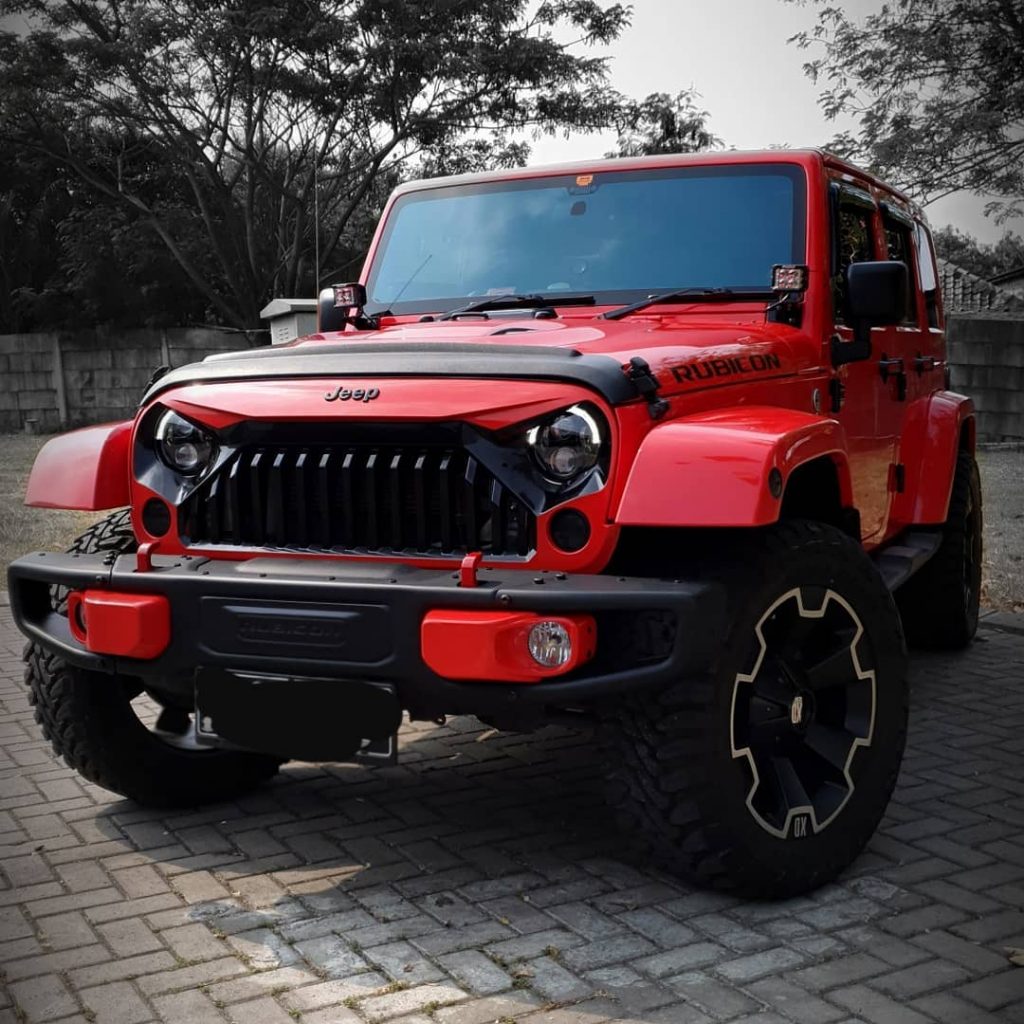
You should also consider the height and width of the used Jeep you intend to purchase. If you hope to find a vehicle with excellent ground clearance, then you’ll probably want to buy a Jeep with broader wheel openings and more slight flares. A Jeep with this type of profile will allow you to conquer rocky terrains like a pro and look like a boss.
IN CONCLUSION
Given that it’s expected that Jeeps will be riding through tough trails, getting muddy and going off-road, designers make them with longevity in mind. The quality put into Jeeps ensures that they are as good as new a few years down the line. A used Jeep should more than fit the bill for those who wish to fulfill their desire for rough rides on tough trails.









